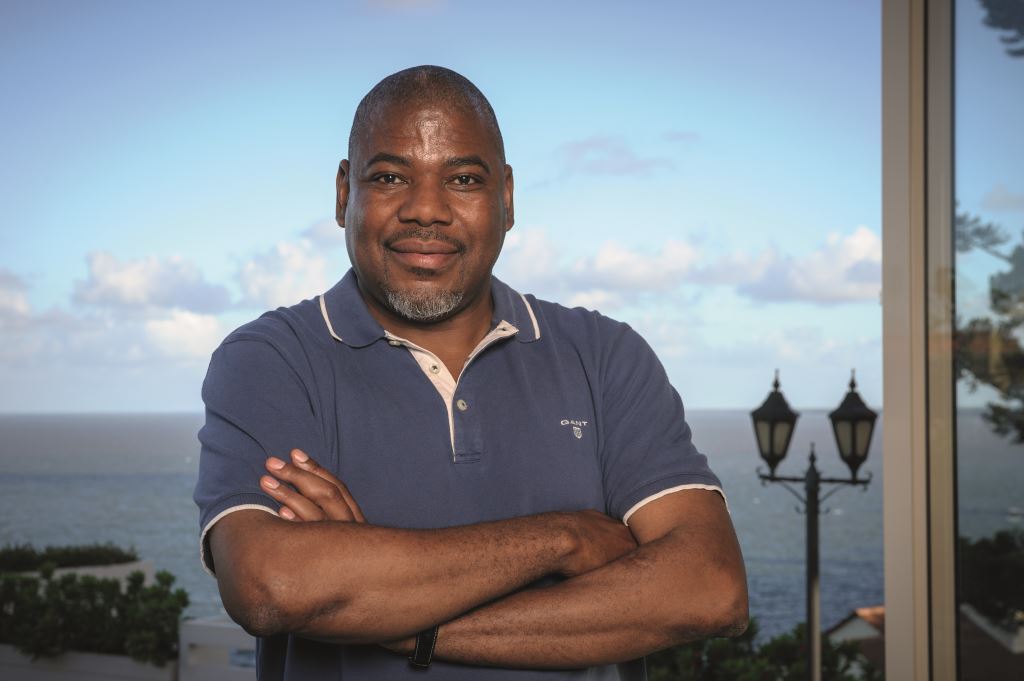It was fear more than ambition that drove Venancio Matusse to become one of Mozambique’s richest people. Terror swept through the mind of Matusse as he stood helplessly watching his baby son fight for breath on a December morning in 1997.
The diagnosis from the doctor was grim. Little Venancio Junior needed heart surgery and that meant an expensive mercy trip across the border to South Africa. The doctors who could save the child’s life were at the private Sunninghill Hospital, in Johannesburg, a seven-hour drive away.
“I had to try to find money for the surgery. My friends in private business lent me the money, but when I came back I realized l could not pay for the health of my kids; my job did not provide for that, so it set me thinking,” he says.
Until then 48-year-old Matusse, who was born in the wilds of Gaza Province, lived a quiet life in academia at Eduardo Mondlane University in Maputo, where he lectured in engineering.
“My training as an engineer and teaching at university gave me a way of looking into opportunities. For me, an opportunity is a challenge.”
The first challenge for Matusse was to set up in business before he left the security of a university post. As an engineer, his skills were in demand, as the economy of Mozambique began to stir after decades of stagnation. There were consultancy jobs on offer in Maputo and Matusse worked on everything from quarries to roads and railways.
“I decided in those early days that the result of my consultancy was going to be shares instead of money. I needed capital more than I needed cash,” he says.
The breakthrough came when Matusse became one of 42 shareholders who make up an elite group of consultants called Mozambique Gestores, specializing in big projects like ports.
Since then, Matusse has built up an impressive portfolio of interests in companies employing 300 people and turning over tens of millions of dollars. Among them: Paper Soft, an IT solutions company; engineering company BMG; a 45% stake in management system solutions companies Socarto and Ambisig; and a partnership with a Portuguese consulting company.
“I have a problem with routine. I acquire companies and let my partners run them,” he says.
It was another glorious Maputo morning when we met at the Polana Hotel, perched on a cliff overlooking the deep blue Indian Ocean.
The Polana, with its wrought-iron staircases, large chandeliers and white pillars, always puts me in mind of the Titanic. It is the hotel where the deals are done these days. With a glance around the luxurious lounge, you can pick out the tables where business people from Mozambique are cutting deals with foreign investors.
Matusse is fresh from a memorable Friday night out in Maputo. For a good night out in Africa, the capital
of Mozambique must be at the top
of the list.
“I work hard and I play hard,” he says with a smile.
We sit down around the marble table. Matusse comes across as unassuming, softly spoken and keen to tell his story—a man bold enough to talk of his connections with President Armando Guebuza.
“You will find him in my companies, but from long before he was president,” he says breezily.
Fernando Lima, a journalist based in Maputo, believes President Guebuza is encouraging a new breed of entrepreneurs like Matusse in Mozambique.
“The president likes smart people and young people with ideas. What we are seeing is the emergence of an educated and committed black elite,” says Lima.
Another journalist, who asked not to be named, says: “Matusse is close to the president, has influence and can open doors for people.”
Matusse himself is concentrating on business and looking to the future. In 2002, he launched his own investment and consultancy company, Mutxisso, named after his great-grandfather. The company concentrates on attracting investment and supplying skills in projects for what is arguably Mozambique’s greatest need.
“We need infrastructure. The weak points in Mozambique are infrastructure and training.
It hasn’t always been plain sailing,” he says.
“I have made mistakes in choosing people. I always try to retrain people if I can, which is not always the best option.
“I have also made mistakes in projects. Once I had to turn around two factories, both making spare parts for locomotives. The factories had only one customer: CFM, the national freight railway company of Mozambique. That proved a problem to have all our eggs in one basket… I think all of this has taught me perseverance; you have to be focused on what you want.”
Matusse is reputed to be one of the richest people in Mozambique. He says he doesn’t know what he is worth; merely that he doesn’t owe anyone anything.
And what of young Venancio Junior, the sickly son who set off his father’s remarkable entrepreneurial career?
He is now 15 years old, healthy, a footballer and as strong as a horse.
“One day he says he wants to be an engineer, and the next day he comes to me and says he wants to be a footballer,” chuckles Matusse.
“He is going to be an engineer; I just haven’t told him yet!”
